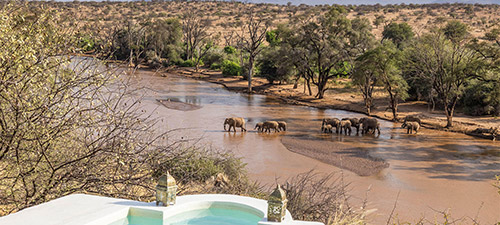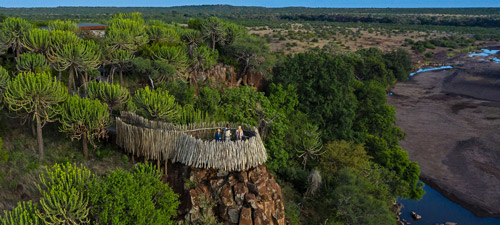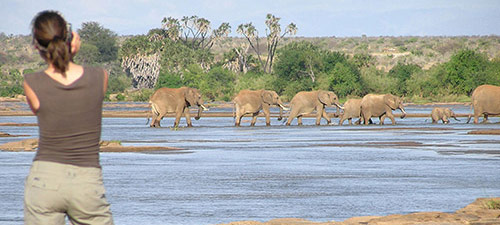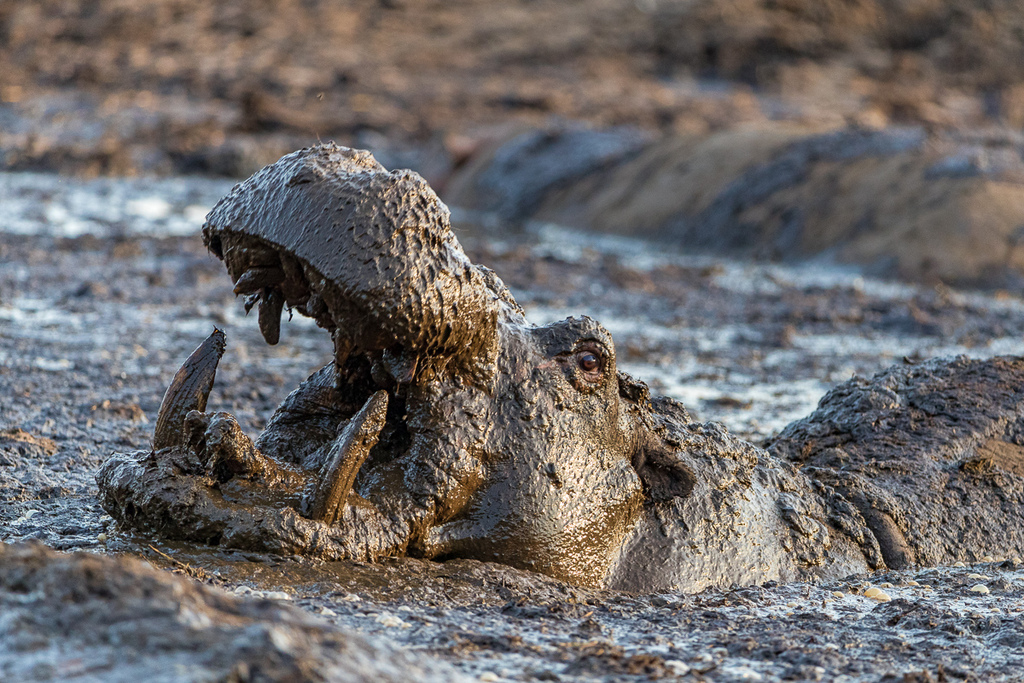
OPINION POST by Susan McConnell – biologist and conservation photographer at Stanford University
Katavi National Park has a hippo problem, and according to news sources, Tanzanian President John Magufuli has ordered Tanzania National Parks (TANAPA) to undertake a radical approach to addressing the issue.
Katavi is known widely, especially among photographers, for dramatic congregations of plains game and predators around the little water that remains at the end of the dry season. As the waters of the Katuma River and its tributaries recede, large numbers of hippos amass in pools thick with mud and faeces. The high density of hippos leads to dramatic interactions as they jostle for space within the pools.
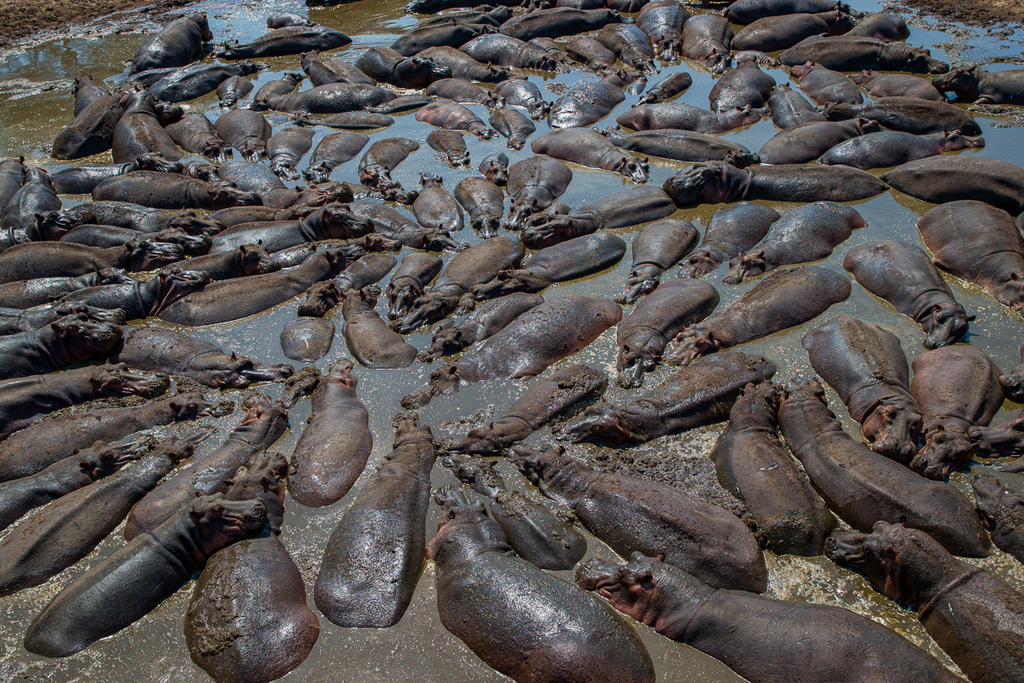
Recent diversions of water from the Katuma River for irrigation by local farmers have caused hippos to stray from the national park into villages in search of water. This has led to intense conflicts with villagers and reports of injuries and deaths to both people and hippos. Several dozen hippos also took up residence in the waters of a dam earmarked for human use. In reaction, the Minister for Natural Resources announced a plan in August to relocate 10% of hippos and crocodiles in water located near villages, and some news reports suggested that TANAPA would cull 50 hippos to reduce the population.
On October 11, President Magufuli interceded, pointing out that the problem was caused by people and animals competing for water. In public remarks, he said, “Hippos too depend on the same resource for their survival, thus the complaints will never stop until appropriate measures are taken to address the problem”. He also noted that culling hippos would have negative consequences for tourism. Magufuli then directed TANAPA to supply water to the hippo pools in an effort to keep hippos within park boundaries. Water trucks arrived soon thereafter and replenished the water in several hippo basins.
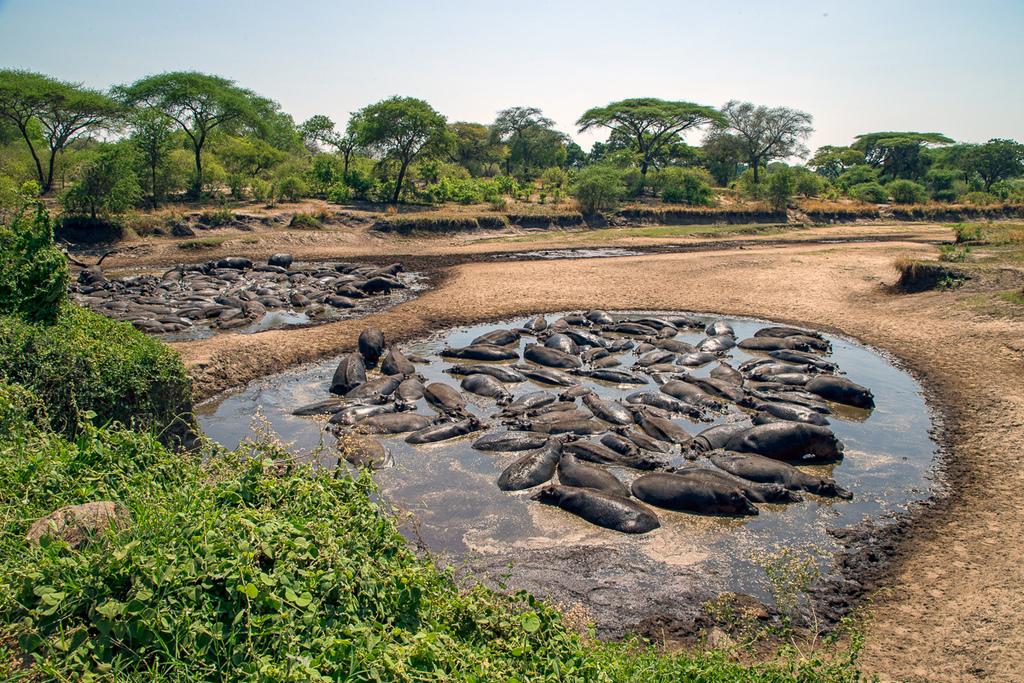
Magufuli also ordered a much more radical approach: he has asked TANAPA to construct artificial hippo pools that will provide the animals with a stable and long-term source of both water and grasses.
Within two weeks of the October 11 announcement, construction of a concrete dam wall began inside Katavi National Park. The dam is being installed roughly a hundred metres downstream from a bridge across the Ikuu River, a small tributary of the Katuma River, at the heart of one of the most active game drive circuits in the park. Workers at the dam said that the wall would be about 1 metre high, allowing the river to flow over when water levels were high and thus reach villages downstream. They also planned to dredge sand and dirt from the current hippo pool to deepen it and form a permanent basin.
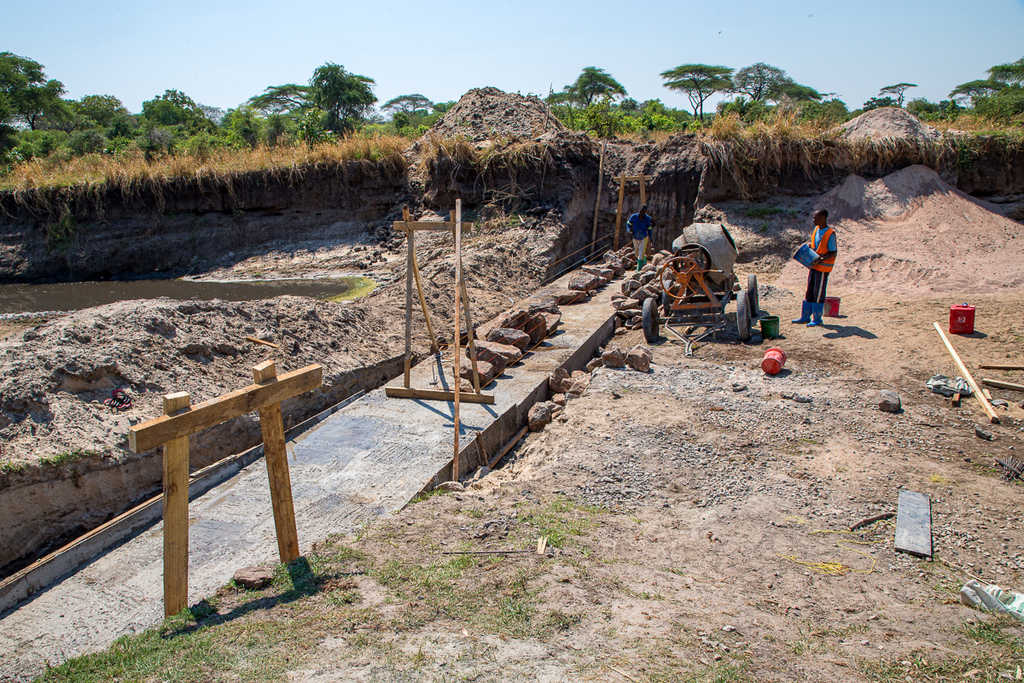
These actions have been taken without consideration of the broader environmental impacts of introducing dams and artificial pools to the park, including a long-term increase in hippo populations, the likelihood that Ikuu dam will affect water supplies farther up the channel, and the possibility that the entire ecology of Katavi could be altered dramatically in response.

The rapid construction of the dam is all the more puzzling in light of a news report stating that President Magufuli has directed Rukwa and Katavi regional authorities and TANAPA to conduct comprehensive research on the best way to conserve hippos in the region. The initiation of dam construction only two weeks after the President’s announcement, with no reasonable time for research, ecological analysis, or input from Katavi safari operations, gives cause for alarm. One wonders whether this decision marks a change in the management of TANAPA that will affect other national parks and reserves as well.
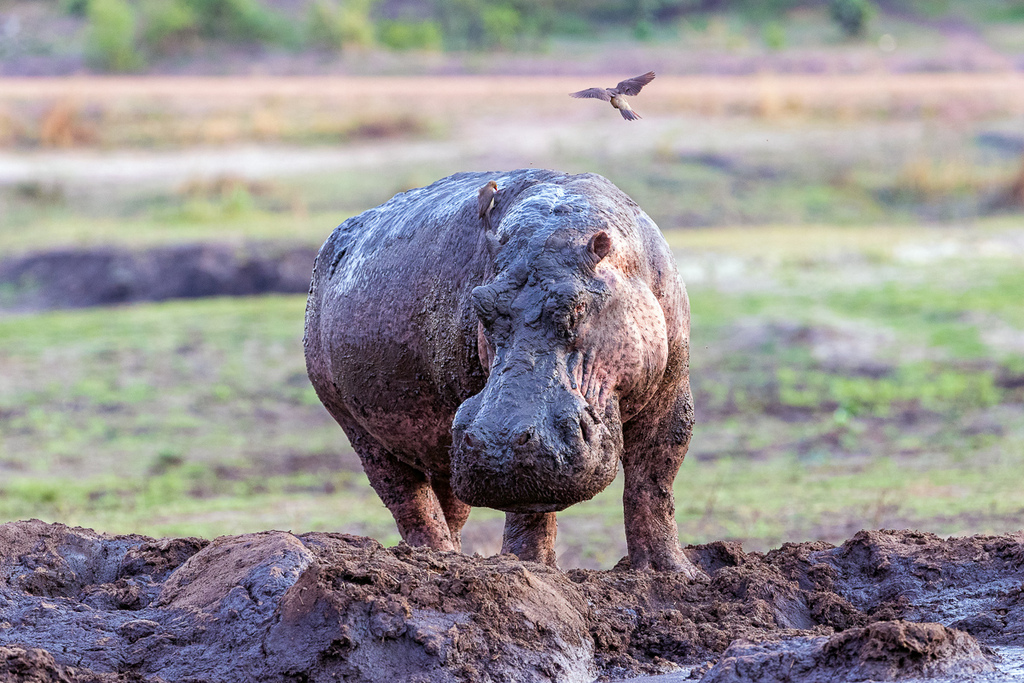
The Tanzanian Tourist Board promotes Katavi as offering “unspoilt wildlife viewing in the country’s third-largest national park, in a remote location far off the beaten track. The national park is Africa at its most wild – unadulterated bush settings, spectacular views, and rich wildlife”. It is hard to believe this will be true after the construction of the first dam is completed.
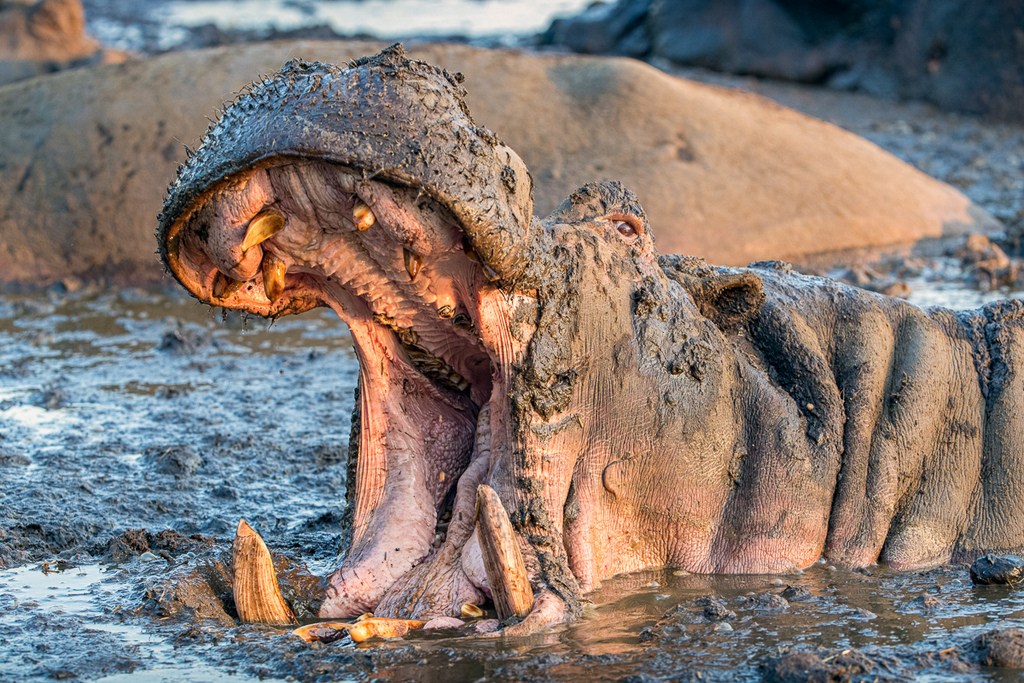
To comment on this story: Login (or sign up) to our app here - it's a troll-free safe place 🙂.![]()



